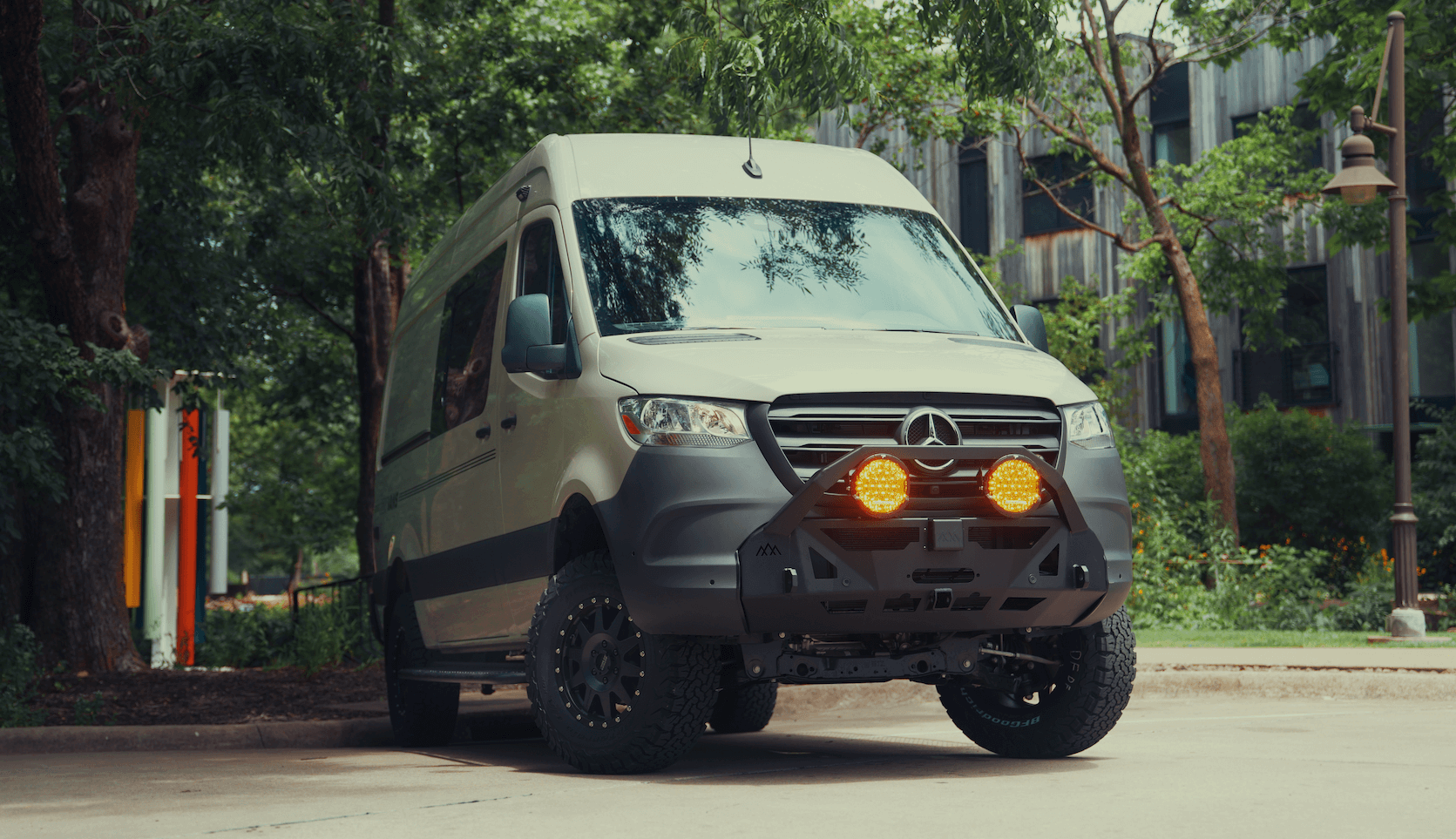Recreational Vans

Heating water takes predictable energy. Raising 10 liters by 35 degrees Celsius requires about 0.4 kilowatt hours. In a 12 volt system that is roughly 34 amp hours before losses. Real systems add cable drops, controller overhead, standby, and mixing margin, so planning for 0.5 kilowatt hours or more per shower is practical. If you want multiple showers or dish duty, multiply those numbers and ensure your charge sources can replace them daily.
Instant tankless units need high power because they heat water as it flows. On low voltage, that can mean hundreds of amps which is rarely practical. Small insulated tanks with 200 to 750 watt DC elements are far more battery friendly. They heat slowly, store energy as warm water, and let you schedule heating when alternator or solar output is abundant.
Voltage sets current. A 600 watt element draws about 50 amps at 12 volts, 25 amps at 24 volts, and 12.5 amps at 48 volts. Higher voltage reduces cable size, heat, and voltage drop. Many mobile systems standardize on 12 volt for devices but step up to 24 volt or 48 volt for high draw loads like water heating through dedicated busbars and protection.
The most reliable DC powered water heaters are built around thermal storage, timing, and protective controls. Instead of chasing instantaneous hot water, you heat a tank when charge is available and mix it down to safe delivery temperatures.
DC powered water heaters shine when paired with modern lithium batteries, alternator charging, and solar. The goal is not endless showers, but confident daily use without propane or diesel burners.
You can evaluate DC powered water heaters by asking three questions: how much hot water do I need, when will I have charge available, and what voltage keeps wiring manageable. From there, the rest is integration. Tanks, elements, controls, and protection must work as a single system with your batteries, alternator, and solar. DC water heating is straightforward when the energy math, wiring, and safety hardware are aligned.
When you are ready to move from ideas to a real installation, OZK Customs designs complete power and water packages inside custom van builds and overland rigs. Our team sizes lithium battery banks, selects 12 volt, 24 volt, or 48 volt distribution, and integrates DC elements with alternator and solar timing so you get predictable hot water without sacrificing house power. We route insulated plumbing, add mixing valves and protection, and commission every system before handoff at our Fayetteville shop and Adventure Point lounge. If you want dependable hot water without propane or shore power, we will blueprint it around your travel habits and deliver it in a finished vehicle.
Strong hot water belongs in a well planned system. Let us build it into your next van.
Explore recreational vans Custom build your van See mainstream vansReady for hot water without propane or shore power? OZK Customs designs and installs DC powered water heating inside complete custom van builds and overland rigs. Tell us how you travel, and we will engineer the power, plumbing, and controls to deliver safe, reliable hot water on your schedule. Start your build consult today.
ADDRESS:
6159 E Huntsville Rd, Fayetteville, AR 72701
PHONE:
(479) 326-9200
EMAIL:
info@ozkvans.com